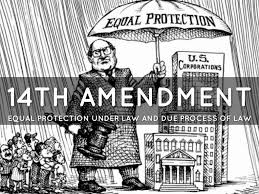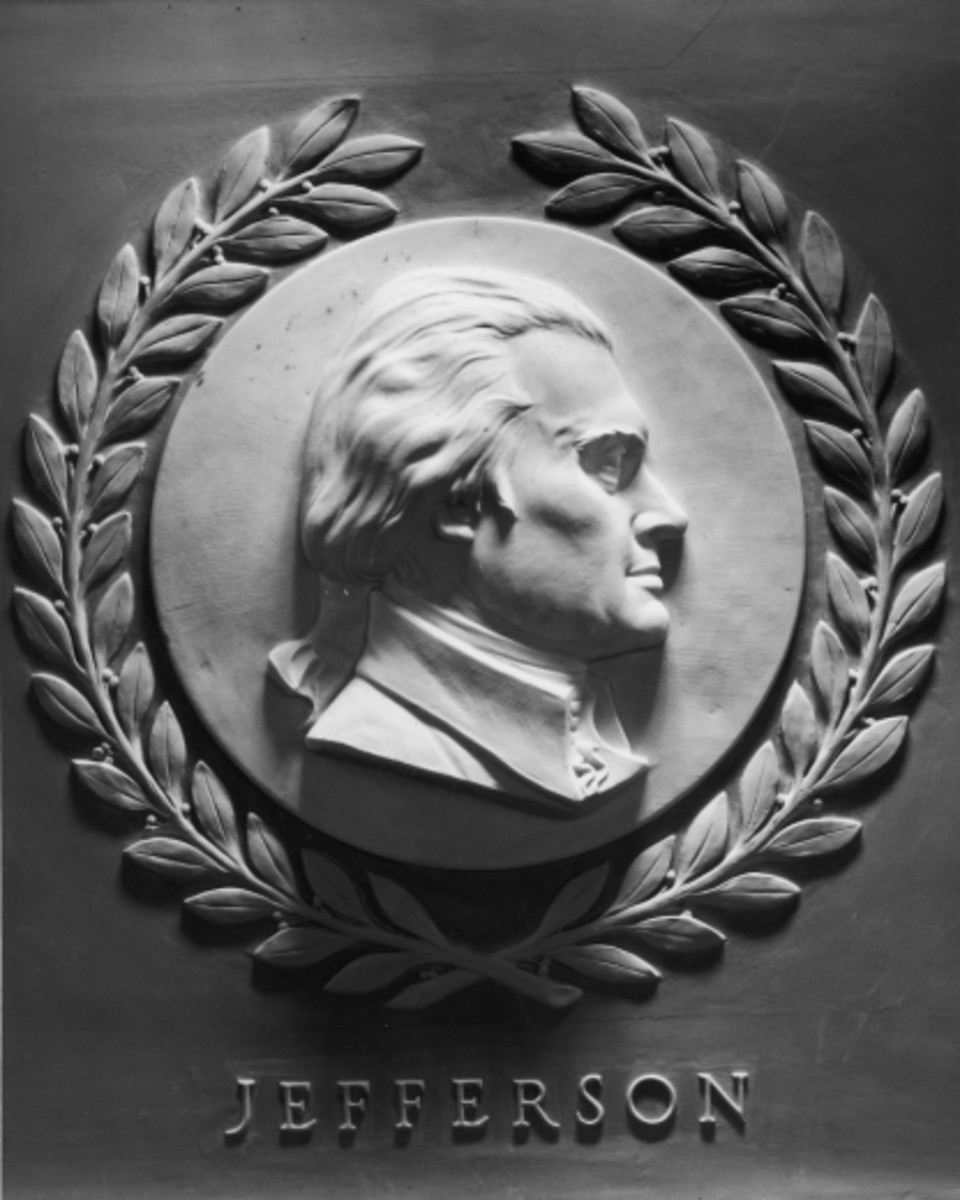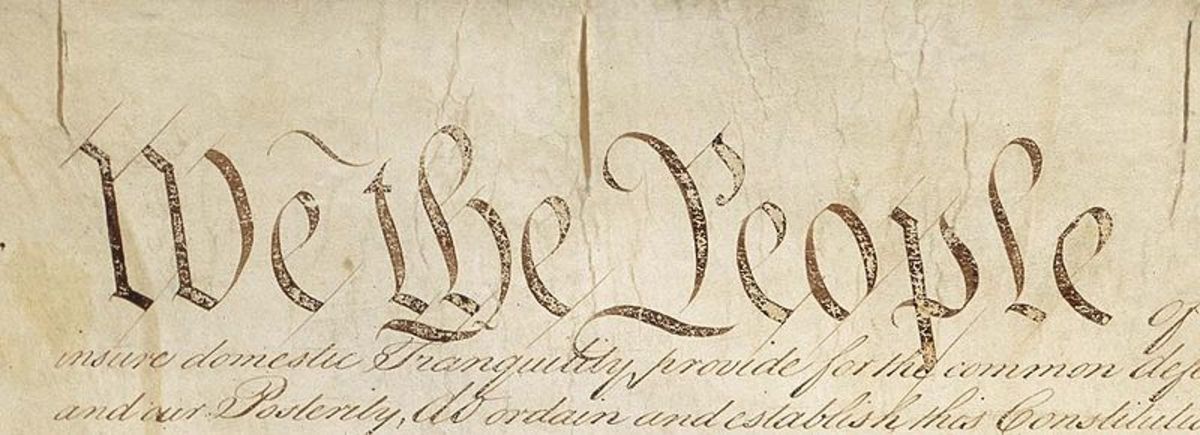The 14th Amendment and Equality in the U.S.A

One of the most influential statements that were proclaimed in the eve of American independence was that made all men equal, and that these human beings have got unalienable rights which are unique to each other. Among these basic rights are rights to life, happiness and freedom. The government which is instituted by people ought to ensure that all persons are granted these rights. The first fathers of America proclaimed that all persons were created equal and therefore, the government should endeavor to treat them equally.
The concept of the equality was however not clearly depicted in the American constitution until certain amendments to the same were made. The 13th amendment established in 1965 outlawed slavery and the preceding 14th amendment established three years later provided equal rights for all USA citizens. This amendment included the word equality in section 1, which outlaws the state from prohibiting individuals their unalienable rights.
The 14th amendment which was adopted in the US constitution guaranteed equality and the associated privileges to both African and American citizens. The amendment had resolved the pre-civil war conflict that was experienced between black and whites. It stipulates that "all persons born or naturalized within the U.S.A are citizens of the country and of the state in which they reside." This translated that all people born in USA whether black or white had a right of citizenship. This is with disregard to race, ethnicity, gender or the alien age of the parents. This amendment further expounds on the rights and privileges of every citizen and mandated the state to these rights equally.
The fourteenth amendment was established in order to solve issues that were related to equality. These issues were not stipulated in the constitution. During this time, the black race in USA was not being considered as equal citizens. Additionally, American natives were neither regarded as citizens. This was due to the fact that these Native American were also considered as members of the Indian states. The 1866 civil rights law and the preceding 14th amendment in 1868 extended birthright citizenship to blacks and all those born within the US. In United States v. Wong Kim Ark, the Supreme Court ruling made it explicit that all children whether born from parents of foreign dissident could as well be regarded as America nationals. The only exceptions were on children of foreign diplomats and enemy nations.
Essentially, while the aim of the 13th amendment was to abolish slavery, the focus of the 14th amendment was to turn freed slaves citizens of the United States in whatever place they lived. The feeling of the many slaves in the U.S had caused much confusion as it regards to their status; should they be considered citizens, aliens, or immigrants? So when this amendment was promulgated, freed slaves were automatically made citizens of the U.S and treated equally with the rest of the citizens. In addition, the freed slaves and now citizens were now promised equal treatment under the constitution, although the promise was not immediately implemented.
Among all the amendments in the civil war era, the Fourteenth Amendment had the most far-reaching impact and relevance on the meaning of the American Constitution. This owes to the fact that it conferred both state and national citizenship and hence giving legal protection for the newly freed slaves. Eventually, the amendment was interpreted to incorporate majority provisions enshrined in the Bill of Rights both to the national government and to the states. What is more, this amendment emphasized the concept of equality under the constitution while also promising equal protection of all citizens under the existing laws.
Under the 14th amendment, states and even national governments are directly prohibited to undertake certain actions on its citizens. Furthermore, congress was given the power to enforce the amendment and the necessary legislations. The amendment also expanded the authority of the national government over the states and relied upon in addressing many Supreme Court cases. What is more, the provisions of this amendment also ignited the need for a new constitution, one that protected the rights of all citizens irrespective of class, caliber, social status, race, religion, political affiliation or any other feature. Such a constitution had also to incorporate equality as a national value.
This content is accurate and true to the best of the author’s knowledge and is not meant to substitute for formal and individualized advice from a qualified professional.
© 2012 Silas Nyamweya








